-
 play_arrow
play_arrow
PUKfm
-
 play_arrow
play_arrow
London Calling Podcast Yana Bolder
-
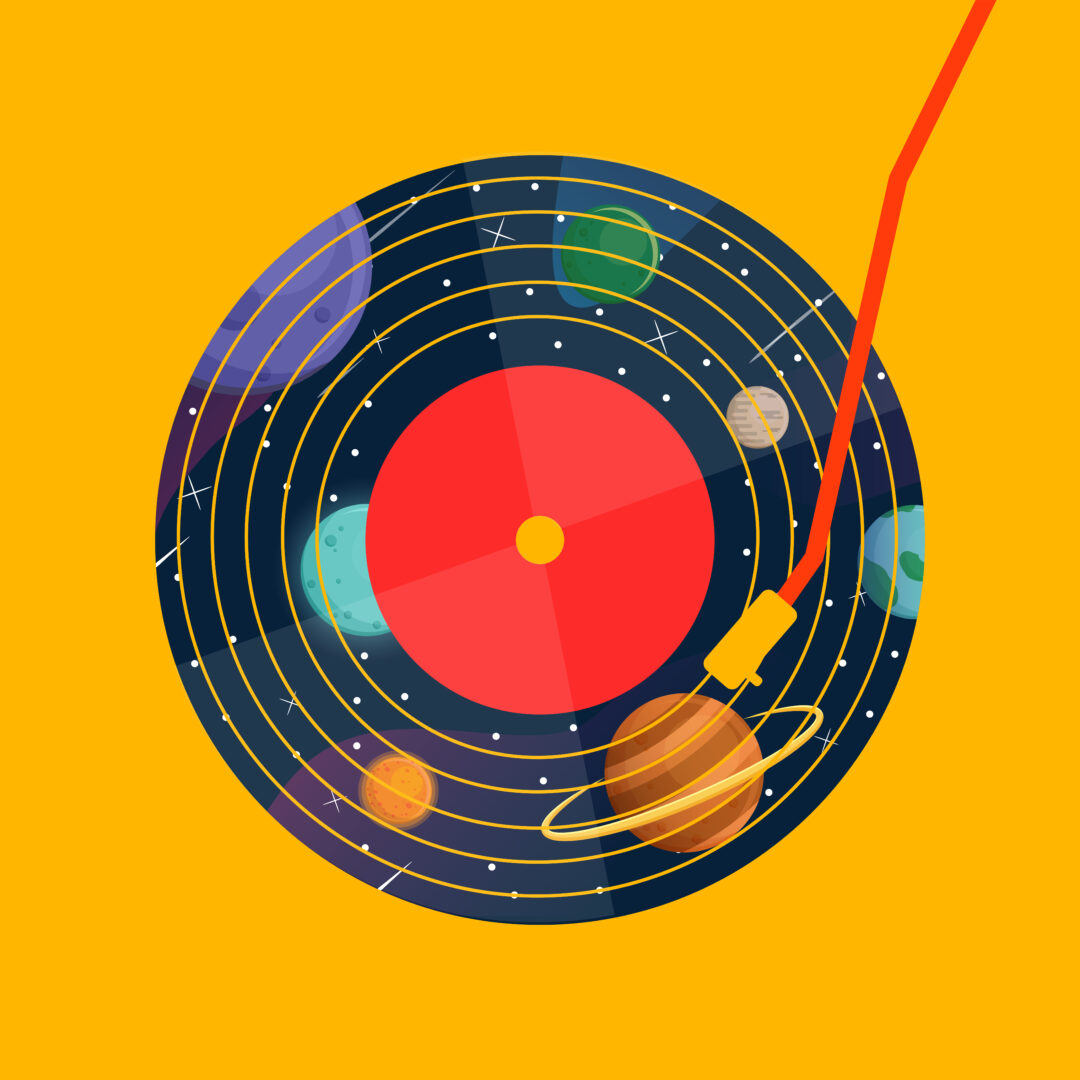 play_arrow
play_arrow
Summer Festival Podcast Robot Heart
-
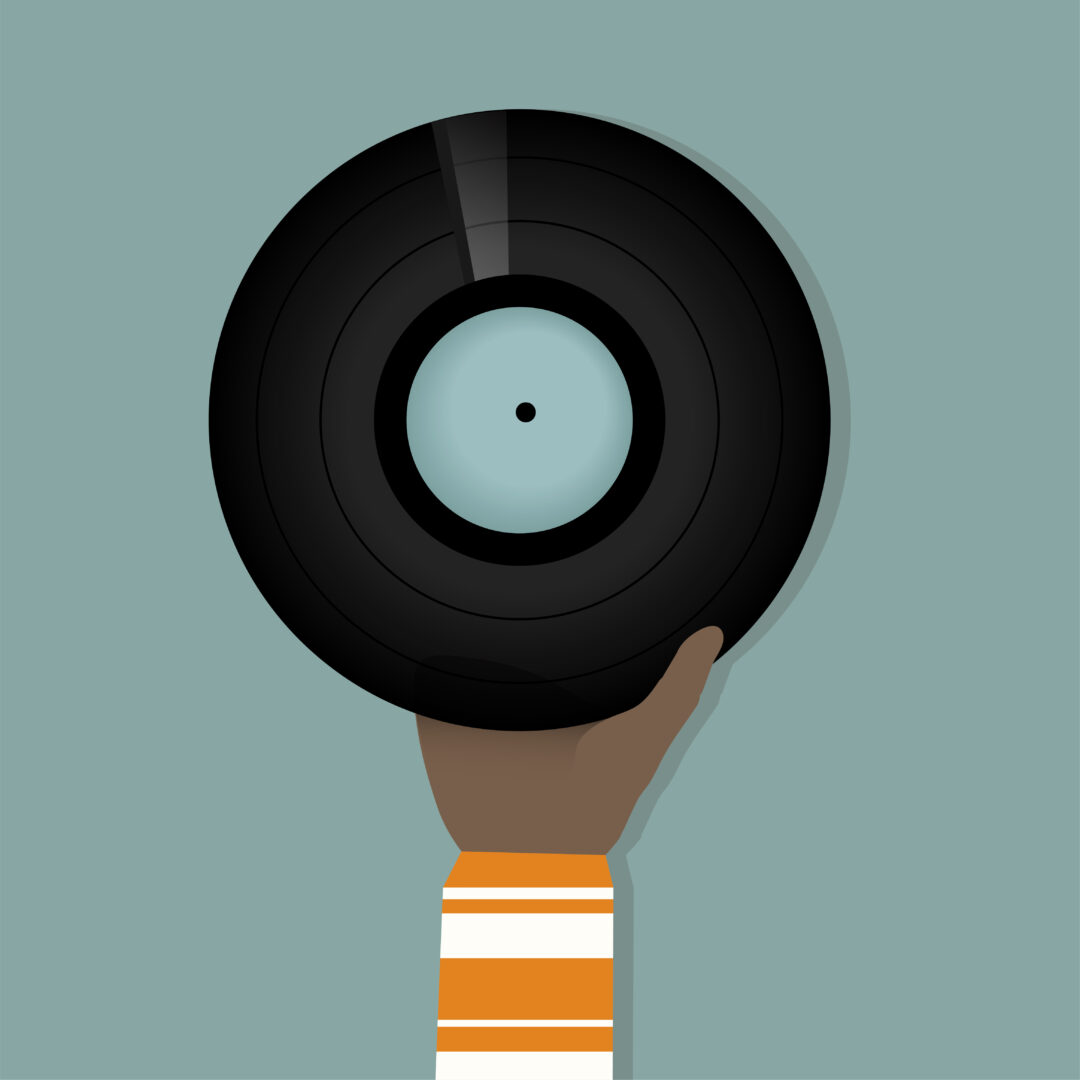 play_arrow
play_arrow
Electronic Trends Podcast Aaron Mills
-
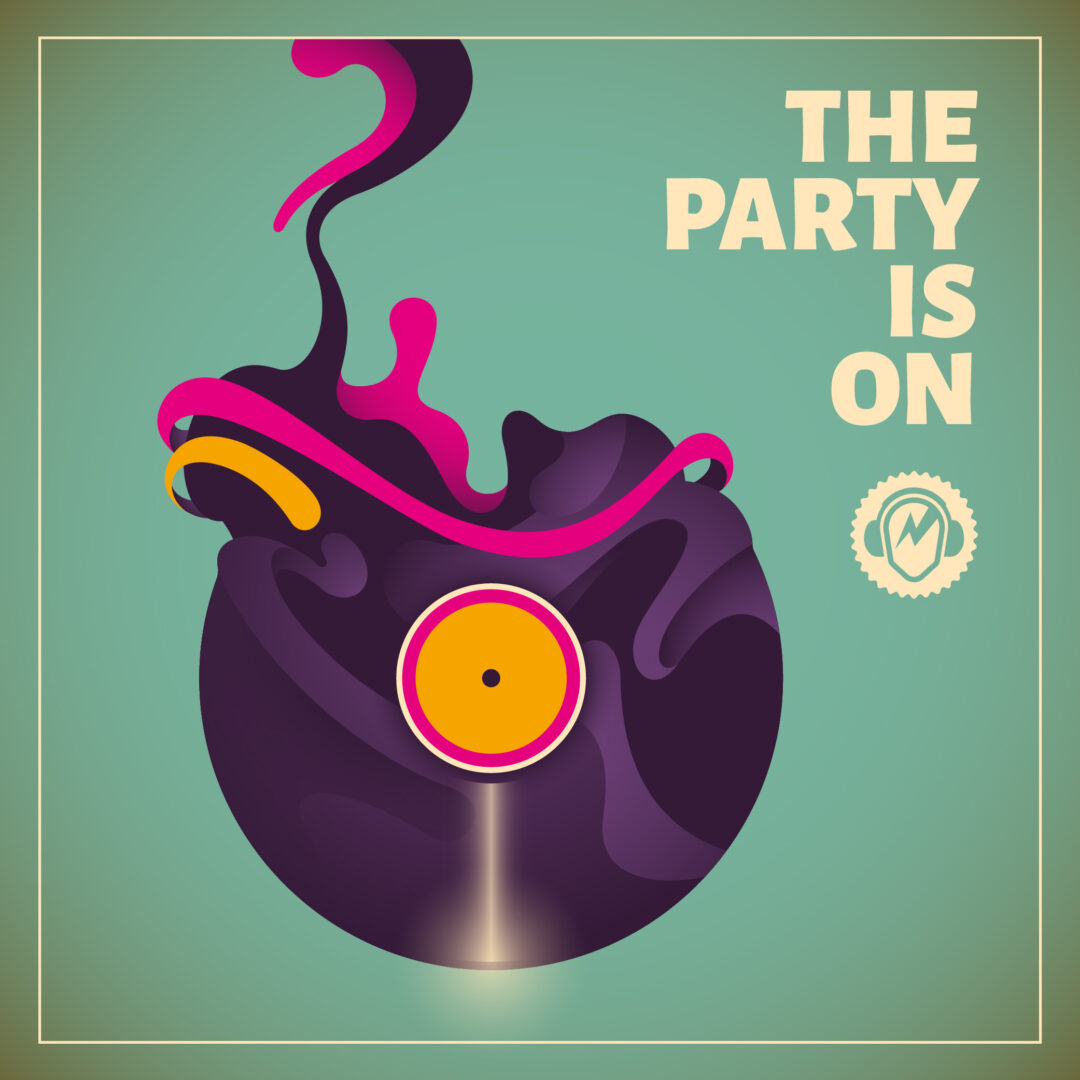 play_arrow
play_arrow
New Year Eve Podcast Robot Heart
-
 play_arrow
play_arrow
Techno Podcast Robot Heart
-
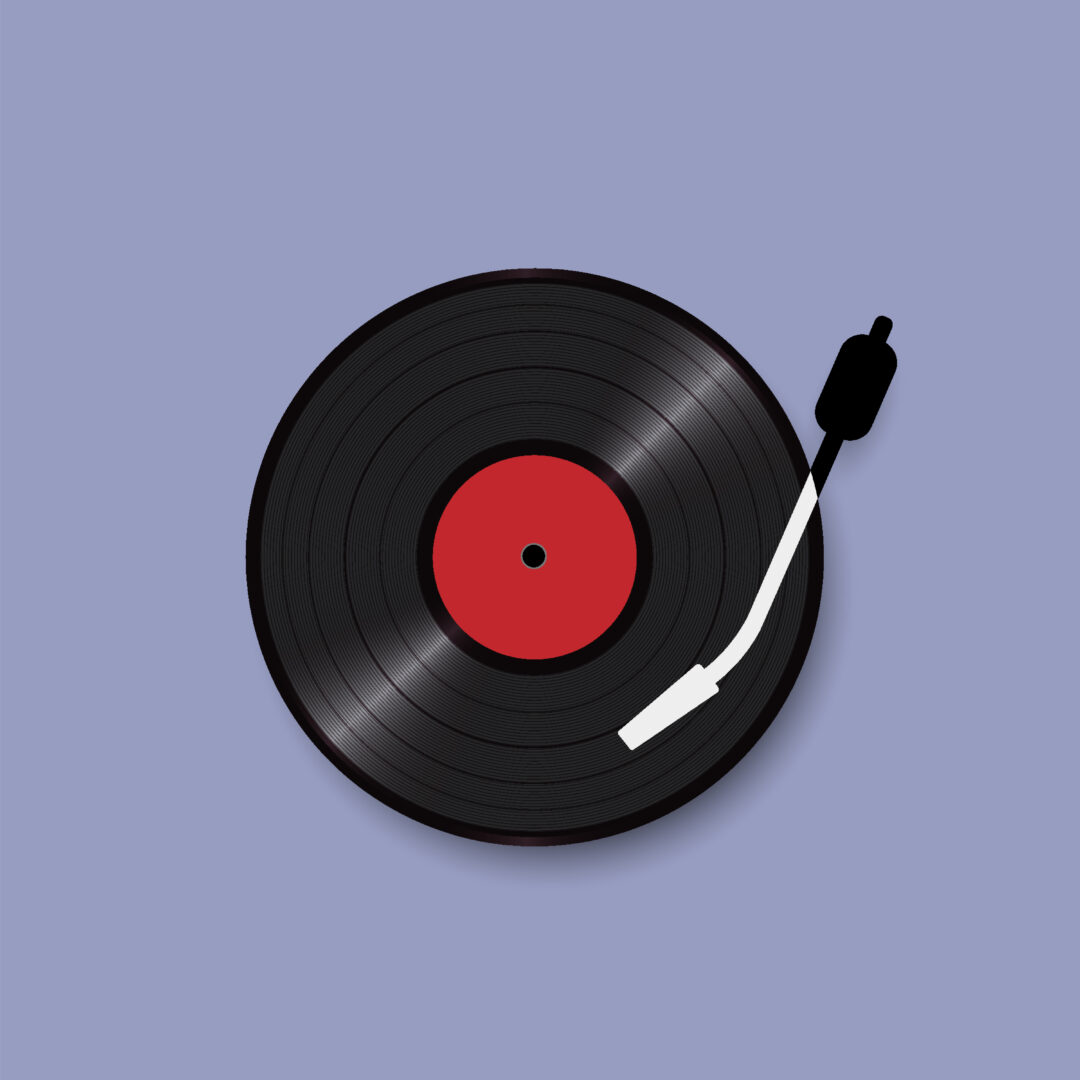 play_arrow
play_arrow
Flower Power Festival Podcast Robot Heart
-
 play_arrow
play_arrow
Tech House Podcast Robot Heart
-
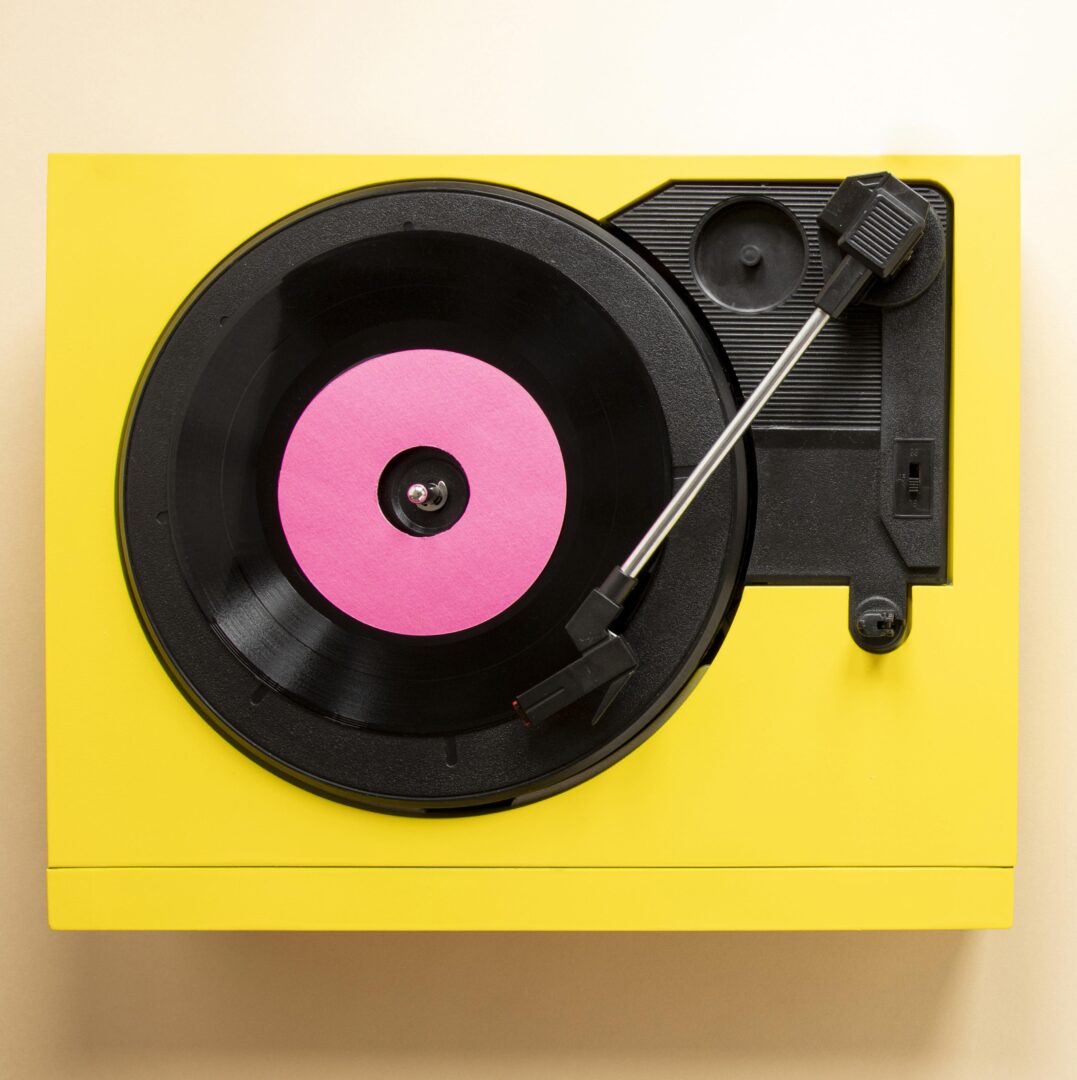 play_arrow
play_arrow
Winter Festival Podcast Robot Heart
Christabell Lourens
@_clourens_
Dr Pieter Odendaal, a North-West University (NWU) creative writing lecturer, has taken centre stage as one of the winners of the annual Mail and Guardian 200 Young South Africans Award, alongside NWU’s Dr Monray Williams.
According to the official Mail and Guardian page, the possible winners must first be nominated by the general public before being reviewed by a panel of judges, who seek to choose their winners based on the demonstration of “exceptional talent, innovation and leadership” in the candidates’ fields.
Dr Odendaal has been presented as one of the winners in the Arts and Entertainment Category. In addition to having published two poetry collections, asof geen berge ooit hier gewoon het nie and Ontaard, and his drama Drooomwerk, he is also a senior lecturer teaching creative writing.
Dr Odendaal explained the beginning of his academic career was a bit uncertain. Numerous directions awaited ahead, each one more promising than the last, but it was hard to choose initially, “I was a confused young man and didn’t know what I wanted to do with my life.”
Dr Odendaal was accepted for both medicine and theatre but quickly realised that he was much more attracted to the versatility and creative nature of a Language and Culture degree at Stellenbosch University. It allowed him to still pursue some of his other creative endeavours, such as piano.
Dr Odendaal also has a Postgraduate Diploma in Sustainable Development and Planning. “At the time, I also became interested in interrelated socio-ecological global crises and that inspired me to go into planning. But at the back of my mind, I still wanted to write and explore this further,” he mentioned.
Dr Odendaal went on to explain that although his Sustainable Development diploma could sometimes be disheartening due to the state of the world, it allowed him to become further acquainted with ideas of systemic injustice and the consequences of colonialism.
Soon after finishing his BA, Dr Odendaal became involved with the InZync poetry sessions in Stellenbosch as their project manager. This allowed him to host workshops for high schools and was also the beginning of his love for spoken poetry.
Soon, it was clear that the two disciplines of creative writing and planning could strengthen one another in a very impactful way: “My masters in Sustainable Development were actually looking at how multilingual poetry sessions can contribute to socio-cultural and ecological transformation. That way of looking at our interactions can help us address issues such as our wounded past and help us understand each other better through the healing power of spoken-word poetry.”
He would then go on to pursue his PhD in Creative Writing at the Queensland University of Technology in Australia while still maintaining a solid practice-based presence in South Africa.
Since being a student, Dr Odendaal has won many awards other than the M&G Award for his works, including but not limited to the Ingrid Jonker prize in 2019 and the National Institute for the Humanities and Social Sciences Award for poetry. It is clear that his creative projects are gaining significant recognition.
“It’s strange because prizes act as a sort of cultural capital, meaning my works can travel farther and I’m always grateful for that kind of thing,” he explained.
He adds, however, that there is also a certain pressure to live up to that which has already been praised, “They sometimes distract from what is important, which is the work itself. The first time I won a prize like that, was a pivotal moment because it was an affirmation that what I’m doing is worthy and people want more. That idea of ‘more’ really creates a lot of pressure.”
Many students studying in humanities can relate to a particular feeling of uncertainty over the future. Dr Odendaal mentions that arts have a unique place not only in the world but also in the academic sphere. He says that creatively focused degrees and programmes bring liveliness to the academic space and can also be beneficial for creatives.
“There is an inherent tension between the creative arts and academia because you have things like deadlines and marks for projects that can be really subjective. It is also true, however, that boundaries and restrictions help to move creative projects forward,” he said.
He also mentions the value of pursuing a creative degree for younger writers, “That sense of community is a crucial component of your development as a writer. Additionally, at a master’s level, you write a manuscript and the idea is that that manuscript should be publishable.”
NWU is unique in this aspect since it is one of the few universities in South Africa that offer creative writing as a main subject at the undergraduate level and not just a supplementary component. The Potchefstroom campus is also involved in many activities that include the arts.
“There is potential,” Dr Odendaal said. However, he does suggest that there is still room for more. “I started BUA! Poetry because I could see there was a need for more platforms of expression. As a university, there is also still a lot of potential for more creative degrees such as drama. Creative degrees really bring that liveliness to campus,” he explained.
Dr Odendaal also added that Potchefstroom has a long way to go in becoming more open to the differences between people. “As a queer person, I was overly aware of the way people look at me and my partner, as well as what people say. That was a bit difficult for me. At the same time, it’s about us taking charge and creating the kind of community we want to see; spaces where we feel comfortable expressing ourselves.”
Dr Odendaal describes being creative as a way of living: “I could have been just an accountant who writes, but to me, it has to do with inspiration. You take something from the arts around you.”
When asked about advice he’d like to give to creative writing students, his most important suggestion was one word: read. “Make sure you have a passion and it’s something you really want to do. The second and most important one is to read. Understand what writers are doing around you and what they are saying,” he suggested.
He concluded by stating: “Humanities is a difficult road. It is often clearer for people in other degrees what job they are going to have whereas, with humanities, you don’t really know. Make use of this opportunity to study. You have three years to read as much as you want and engage with your passion for books and society – a passion for how we live in this world and all the ‘bigger questions’. You can find your path through these resources.”
Currently, aside from being a lecturer, Dr Odendaal is busy with his spoken-word album that seeks to bridge the gap between poetry and music. He is also working on finalising the BUA! Poetry Collection, which will be released later this semester.
Edited by Mhlengi Khumalo
Written by: Wapad
Similar posts
Recent Comments
Chart
-
-
-
 play_arrow
play_arrow
I Had Some Help (feat. Morgan Wallen) Post Malone
-
-
-
 play_arrow
play_arrow
Not Like Us Kendrick Lamar
-
-
Top popular

VARSITY CUP TICKET RESELLERS AND BUYERS – MAY BE DENIED ACCESS
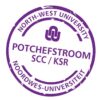
UNANSWERED AND UNSPOKEN: NWU’S SILENCE ON SUSPENSION OF SCC STUDENT LEADER
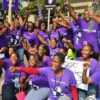
MARCHING FOR JUSTICE AND POLICE ACCOUNTABILITY: THE TRUTH BEHIND THE TMM LOFTS PROTEST

DEGENAAR PRAAT OOR DIE NA-SKOK VAN ‘N TRAGEDIE
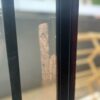
STUDENTS NO LONGER SAFE BEHIND LOCKED DOORS!

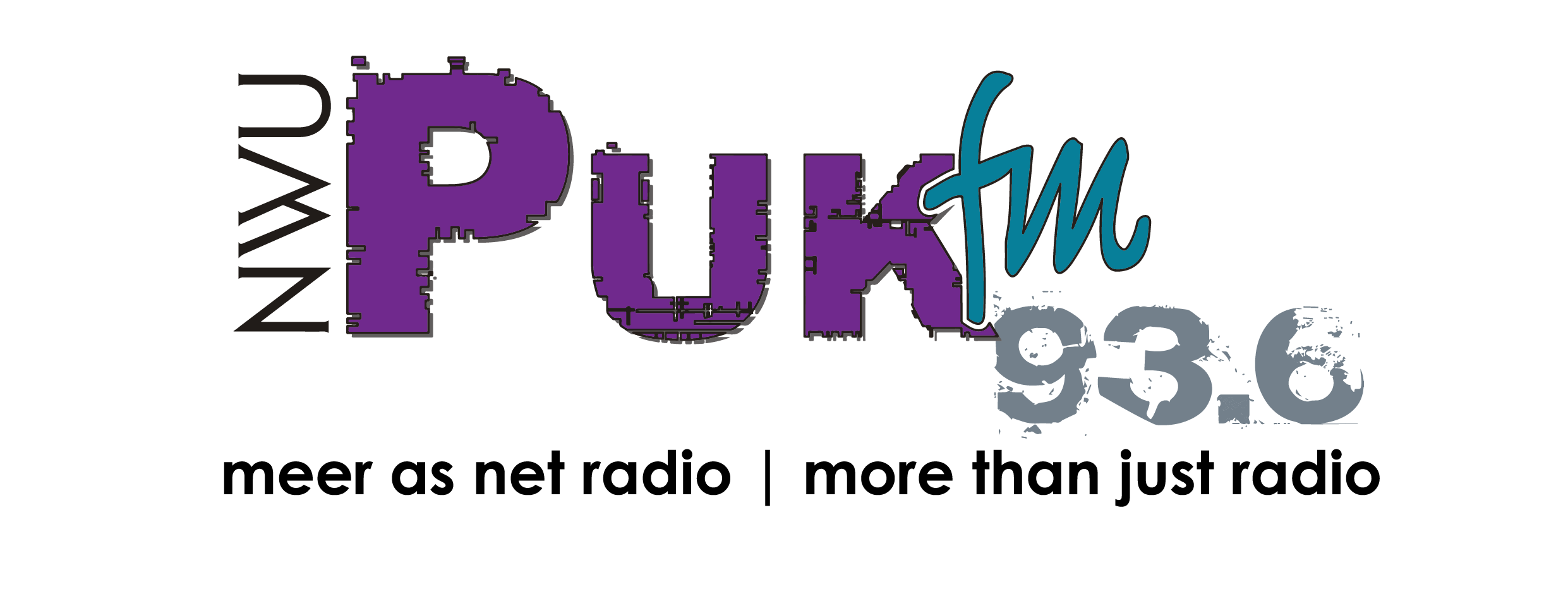
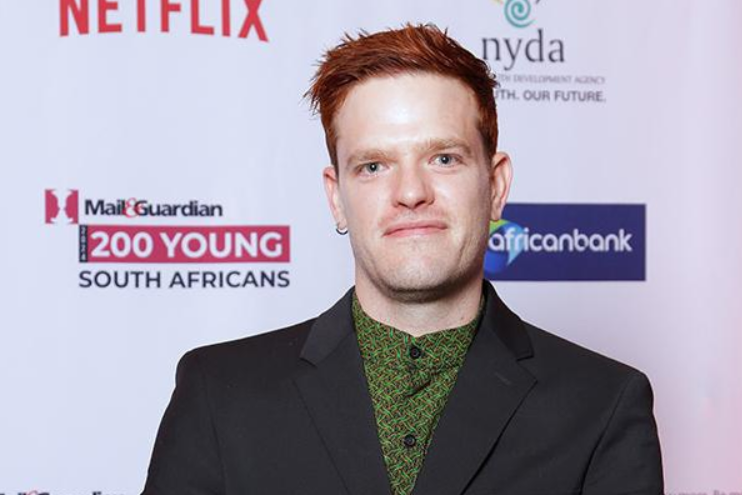
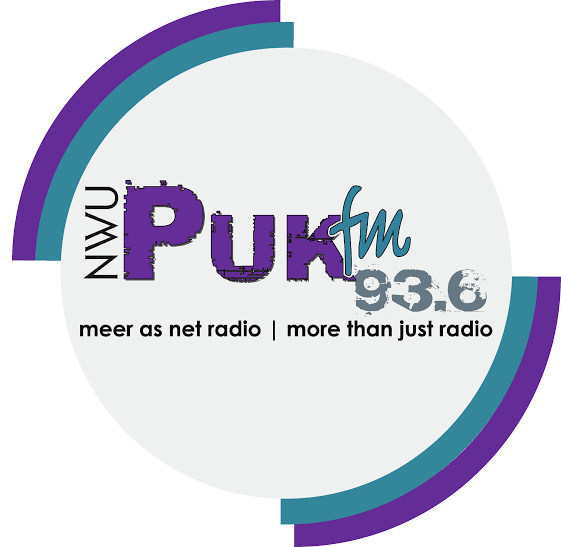


Post comments (1)